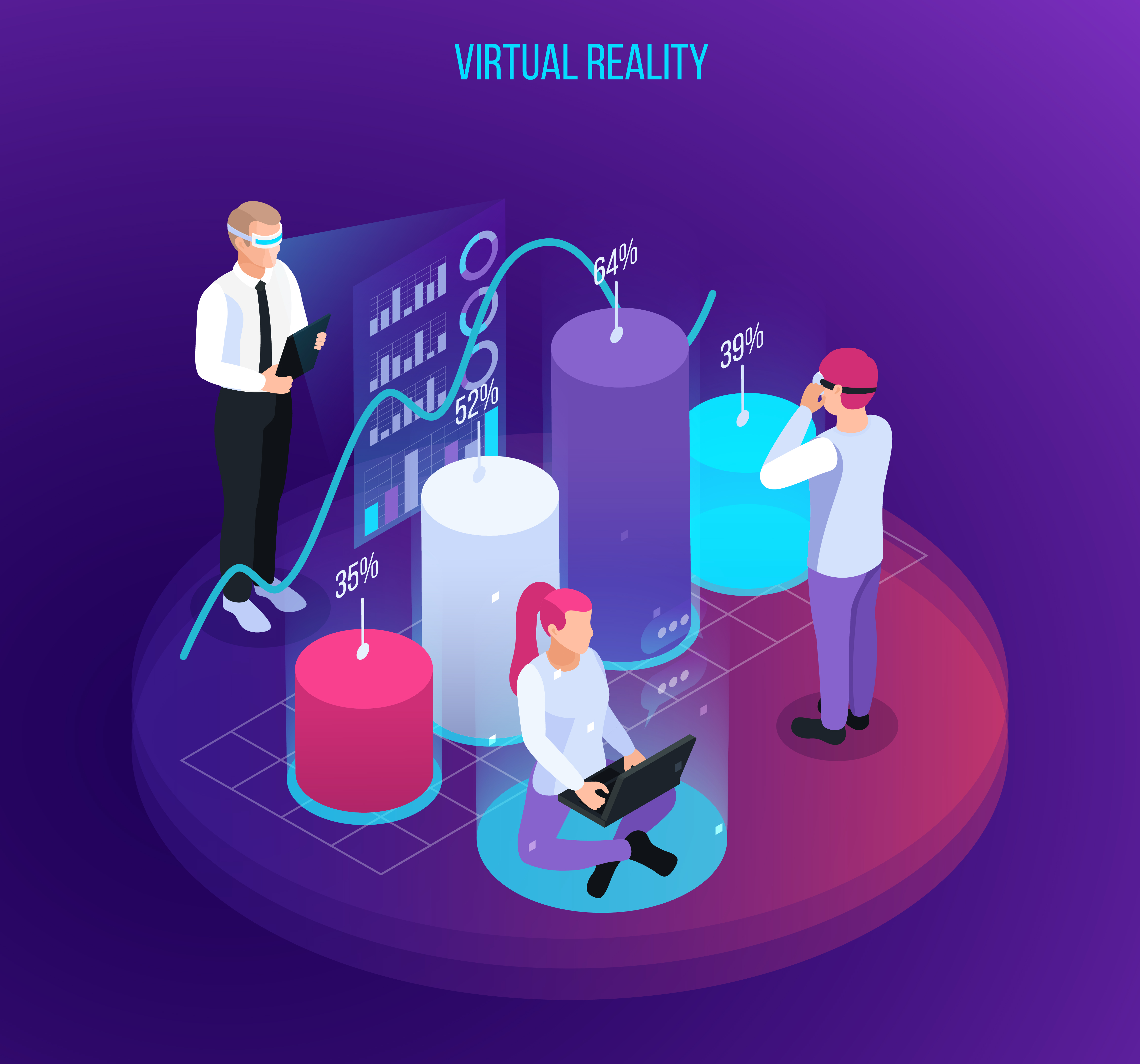Think again if you've been hearing the term "blockchain" and are wondering if it's just a catchphrase. By 2025, blockchain has expanded beyond Bitcoin. It is changing how banks, companies, and even people manage funds, information, and transactions.
From secure payments to transparent contracts, blockchain has started to do what the internet did back in the 90s—change everything.
More Secure Transactions
Banks and payment processors are examples of the third parties that traditional financial systems depend on. More fees, more waiting, and a higher chance of fraud result from this. Presenting blockchain, an intermediary-free digital ledger.
Here's how it helps:
-
Every transaction is encrypted and time-stamped
-
No single point of failure—making it hard for hackers to break in
-
Lower chances of identity theft or data leaks
Example: Sending money overseas used to take 3–5 days and cost $20–$50. With blockchain? It's almost instant—and way cheaper.
Global Financial Inclusion
Millions of people around the world still don’t have access to banks. Blockchain is changing that by offering decentralized finance (DeFi)—no ID, no credit history needed.
Why this matters:
-
People in remote areas can access funds via a mobile wallet
-
Microloans and peer-to-peer lending are easier
-
No paperwork, no banks—just internet access
This is big for developing nations and freelancers who work with international clients.
Smarter Contracts, Less Paperwork
Bid farewell to legal red tape and mountains of paperwork. Smart contracts, which are automated agreements that run when specific conditions are met, are made possible by blockchain technology.
Real-life use cases:
-
Mortgage approvals without middlemen
-
Auto-release of payments after project milestones
-
Insurance payouts triggered automatically by verified events
This not only saves time but reduces fraud and errors.
Transparency and Auditing
Banks and other financial organizations invest billions in audits and compliance. Everything is traceable and impenetrable with blockchain technology.
Benefits:
-
Fewer human errors
-
Real-time financial records
-
Easier tax and audit tracking
Investors, regulators, and auditors can track everything in real time—fraud detection becomes much easier.
Investing in Digital Assets
Cryptocurrencies are just the beginning. In 2025, people are also investing in tokenized real estate, digital art (NFTs), and even carbon credits using blockchain platforms.
What’s new in 2025:
-
More regulation = safer crypto investments
-
More stablecoins = less volatility
-
Hybrid platforms = mix of traditional stocks + digital tokens
This makes it possible for regular investors to diversify their holdings beyond gold and stocks.
Quick Comparison Table
| Feature | Traditional Finance | Blockchain-based Finance |
|---|---|---|
| Speed | 1–5 Days | Seconds to Minutes |
| Security | Centralized, vulnerable | Decentralized, encrypted |
| Accessibility | Bank-dependent | Open to anyone online |
| Transparency | Limited | Full audit trail |
| Cost | High fees | Low transaction fees |
Frequently Asked Questions
Q: Does blockchain technology only apply to cryptocurrencies?
A:No. These days, blockchain is used for supply chain tracking, banking, medical records, and much more.
Q: Can blockchain really replace banks?
A: While many financial services are moving to blockchain-based systems, banks won't be "replaced" overnight.
Q: Is blockchain safe for personal use?
A: Yes, as long as you know the fundamentals of digital safety (such as private key management) and are using reliable platforms.
Is Blockchain the Future of Finance?
Of course. These days, blockchain is more than just hype. Faster payments, secure data, financial access, and intelligent automation are all issues it's resolving.
If you’re in finance or even just managing your own money, understanding blockchain is no longer optional—it’s essential. Start learning, start exploring, and don’t get left behind.
 Top Technology Trends 2025 – What’s Trending in Technology
Top Technology Trends 2025 – What’s Trending in Technology  Big Beautiful Bill: A New Tax Break for Social Security?
Big Beautiful Bill: A New Tax Break for Social Security?  iOS 26: Release Date, Supported iPhones, Beta, and Rumors
iOS 26: Release Date, Supported iPhones, Beta, and Rumors  Home Decor & Interior Design Ideas for a Beautiful 2025 Home
Home Decor & Interior Design Ideas for a Beautiful 2025 Home  Amazon Tariffs 2025: Tariff Cost Display Announcement & Political Insights
Amazon Tariffs 2025: Tariff Cost Display Announcement & Political Insights  Capital Summertime Ball 2025: The Ultimate Music Event of the Year
Capital Summertime Ball 2025: The Ultimate Music Event of the Year 





